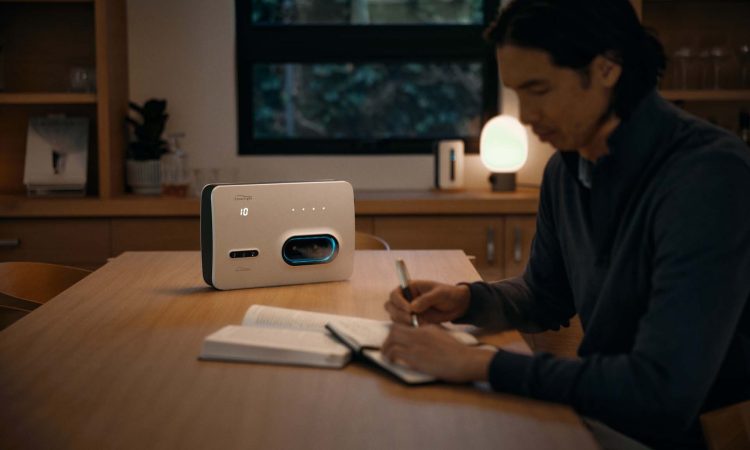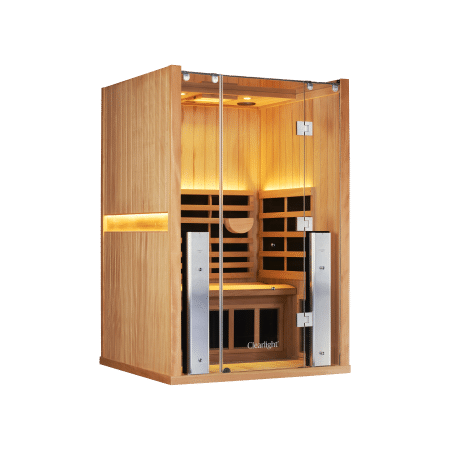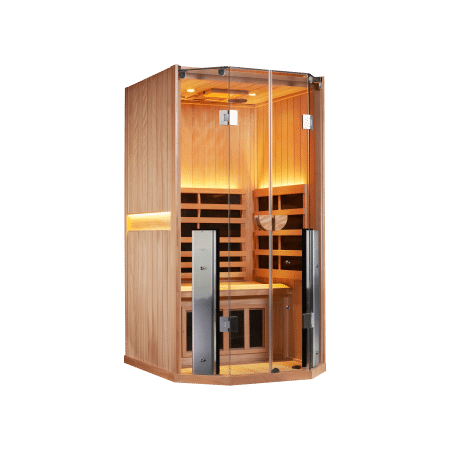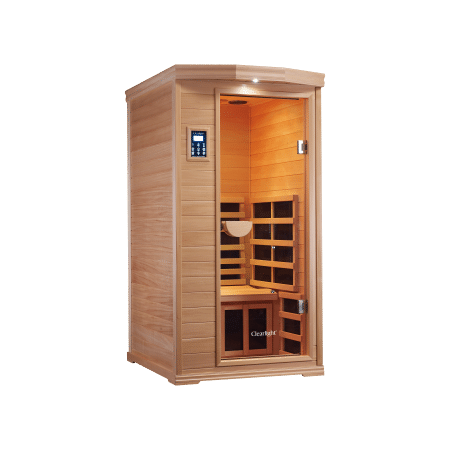The study conducted by Fredric Schiffer and colleagues explored the potential benefits of near-infrared (NIR) light photobiomodulation (PBM) therapy for patients with major depression and other psychiatric conditions, including anxiety, PTSD, and substance abuse. Ten patients received four 4-minute NIR treatments to the left and right forehead, along with placebo treatments, in a randomized order. The researchers measured changes in psychological status using the Hamilton Depression Rating Scale (HAM-D), Hamilton Anxiety Rating Scale (HAM-A), and Positive and Negative Affect Scale (PANAS). Additionally, regional cerebral blood flow (rCBF) was measured using NIR spectroscopy to assess the effects of the treatment on brain function. The study found significant reductions in both depression and anxiety scores at the two-week follow-up, with six patients achieving remission on the HAM-D and seven on the HAM-A. There was also a notable increase in rCBF, particularly in the frontal poles of the brain, though this change did not reach statistical significance.
This research suggests that NIR-PBM may hold promise as a treatment for depression and other mood disorders by improving both psychological symptoms and brain activity. The study’s findings are significant in showing that NIR light, applied to the frontal regions of the brain, may help alleviate symptoms of depression by modulating brain function, potentially offering an alternative or adjunctive therapy to traditional treatments. Importantly, the treatment was well tolerated, with no side effects observed, supporting its feasibility for broader clinical use. The authors recommend further investigation through double-blind, randomized, placebo-controlled trials to confirm the efficacy and safety of NIR-PBM for depression and other psychiatric conditions.





